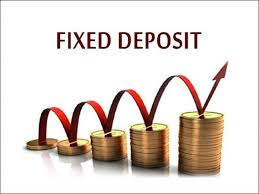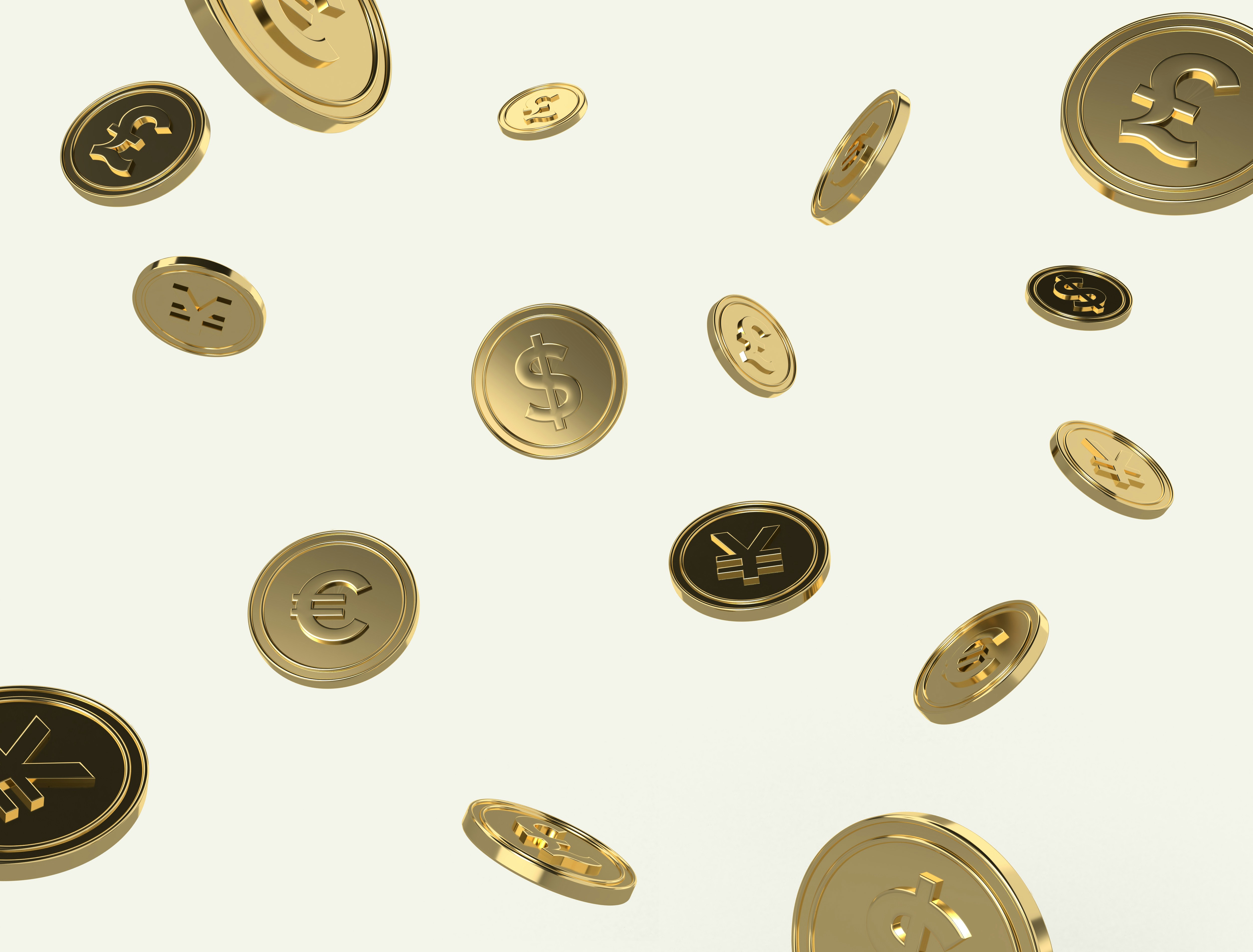Fixed deposits (FDs) are one of the most popular investment options in India, offering guaranteed returns and low risk. But did you know that there are several types of fixed deposits, each with its own unique features and benefits? Choosing the right type of FD can help you maximise your savings and achieve your financial goals faster. In this article, we’ll explore the different types of fixed deposit accounts available in India and help you understand which type of FD is better suited for your needs.
What is a Fixed Deposit?
A fixed deposit, also known as an FD or term deposit, is a type of savings account in which you deposit a lump sum for a fixed tenure at a predetermined interest rate. Unlike regular savings accounts, you cannot withdraw money from an FD before the end of the tenure without incurring a penalty.
Why Should You Choose a Fixed Deposit?
Fixed deposits offer several advantages over other investment options:
-
Guaranteed returns: You know exactly how much interest you will earn at the end of the tenure
-
Low risk: FDs are considered one of the safest investment options as they are not affected by market fluctuations
-
Flexibility: You can choose the tenure of your FD, ranging from 7 days to 10 years
-
Loan against FD: Most banks allow you to avail a loan against your fixed deposit
Types of Fixed Deposits
1) Standard Fixed Deposits
Standard fixed deposits are the most common type of FD offered by banks and NBFCs. Here are the key features:
• Tenure ranges from 7 days to 10 years
• Interest rates are preset and usually higher than savings account rates
• Premature withdrawal is allowed but attracts a penalty
• Suitable for parking surplus funds and earning guaranteed returns
2) Tax-Saving Fixed Deposits
If you’re looking to save on taxes, consider investing in a tax-saving fixed deposit. Here’s what you need to know:
• Tenure is fixed at 5 years
• Deposits up to ₹1.5 lakh per financial year are eligible for tax deduction under Section 80C
• Premature withdrawal is not allowed
• Ideal for those in the higher tax brackets looking to reduce their taxable income
3) Senior Citizen Fixed Deposits
Banks offer special fixed deposit schemes for senior citizens, typically those aged 60 years and above. The benefits include:
• Higher interest rates compared to standard FDs, usually 0.25% to 0.5% more
• Tenure ranges from 7 days to 10 years
• Some banks offer additional features like doorstep banking and periodic payouts
• Great option for retirees looking for guaranteed regular income
4) Flexi Fixed Deposits
Flexi fixed deposits combine the features of an FD and a savings account. Here’s how they work:
• Surplus funds from your linked savings account are automatically transferred to the flexi FD to earn higher interest
• You can withdraw funds from the flexi FD without penalty whenever needed
• Suitable for those who want to earn higher returns on their idle savings while maintaining liquidity
5) Recurring Deposits
While not strictly a type of fixed deposit, recurring deposits (RDs) offer similar benefits. Here are the key features:
• You deposit a fixed amount every month for a predetermined tenure
• Interest rates are similar to FDs and compounded quarterly
• Ideal for salaried individuals and those looking to build a savings habit
Choosing the Right Type of Fixed Deposit
Now that you know the different types of fixed deposits, how do you choose the right one for your needs? Here are some factors to consider:
• Investment amount: If you have a lump sum to invest, go for an FD. If you want to invest smaller amounts regularly, choose an RD.
• Tenure: Choose a tenure that aligns with your investment horizon and liquidity needs. Longer tenures generally offer higher interest rates.
• Taxability: If you’re in the higher tax brackets, consider investing in a tax-saving FD to reduce your taxable income.
• Age: Senior citizens can benefit from higher interest rates and special features offered by senior citizen FDs.
• Liquidity: If you need frequent access to your funds, a flexi FD might be a better choice than a standard FD.
Understand this better
Let’s look at an example to understand how to pick the right type of FD:
Scenario: Rahul is a 30-year-old IT professional who has saved ₹5 lakh and wants to invest it for his future goals. He doesn’t need the money for the next 5 years.
In this case, Rahul can consider investing in a standard fixed deposit or a tax-saving FD. Assuming an interest rate of 6.5% p.a., here’s how much he can earn:
|
Type of FD |
Investment Amount |
Tenure |
Interest Rate |
Maturity Amount |
|
Standard FD |
₹5,00,000 |
5 years |
6.5% p.a. |
₹6,90,210 |
|
Tax-Saving FD |
₹1,50,000 |
5 years |
6.5% p.a. |
₹2,07,063 |
|
Airtel FD |
₹1,50,000 |
5 years |
9.1% p.a |
₹2,35,224 |
If Rahul invests ₹1.5 lakh in a tax-saving FD, he can claim a tax deduction of up to ₹1.5 lakh under Section 80C. This can help him save up to ₹46,800 in taxes (assuming he falls in the 30% tax bracket).
Conclusion
Fixed deposits are a great way to grow your savings safely and steadily. By understanding the different types of fixed deposits and their features, you can choose the right FD to meet your financial goals. Whether you’re looking for guaranteed returns, tax savings, or regular income, there’s an FD that’s right for you.
Ready to start investing in a fixed deposit? Consider opening an FD with Airtel Finance. With competitive interest rates, flexible tenures, and zero paperwork, Airtel Finance makes it easy to grow your savings!
FAQs:
-
How many types of fixed deposit accounts are there?
There are 4 main types of fixed deposit accounts in India: standard FDs, tax-saving FDs, senior citizen FDs, and flexi FDs. Each type offers unique features and benefits to suit different investment needs. -
Which type of FD is better?
The best type of FD depends on your investment goals, risk appetite, and liquidity needs. Tax-saving FDs are ideal for reducing taxable income, while senior citizen FDs offer higher interest rates for retirees. Flexi FDs provide liquidity along with higher returns. -
What are the four types of deposits?
The four types of deposits are fixed deposits (FDs), recurring deposits (RDs), savings accounts, and current accounts. FDs and RDs are term deposits that offer higher interest rates than savings accounts, while current accounts are used for frequent transactions. -
Is Flexi FD good?
Flexi FDs are a good option for those who want to earn higher returns on their savings while maintaining liquidity. By automatically transferring surplus funds from your savings account to the FD, you can optimise your returns without locking in your money for a fixed tenure.


 Get App
Get App  Airtel Store
Airtel Store  Login
Login 


